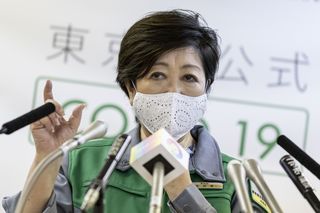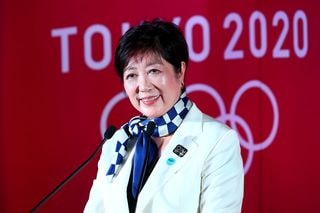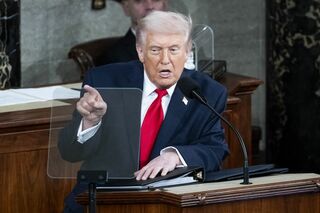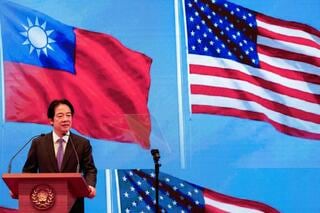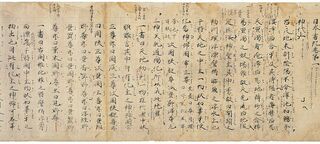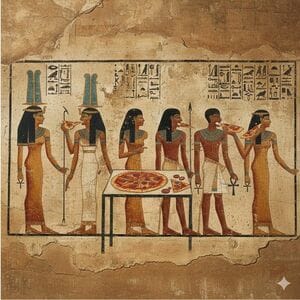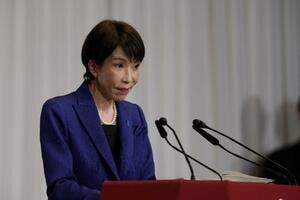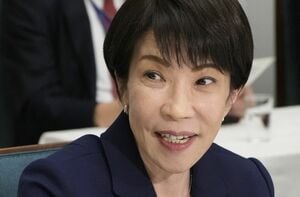Koike’s Connections with Dr. Abdel-Kader Hatem
The name of an Egyptian politician who assisted Koike's possible "fraudulent transfer" appears in the "Fake CV". The flatmate testifies that Koike transferred to the second grade at Cairo University in 1973 through the connections of Dr. Abdel- Kader Hatem, a prominent Egyptian politician.
Hatem was born in Alexandria in 1917. A graduate of the Military Academy and Cairo University. He participated in the Egyptian revolution in 1952 (a coup to overthrow the monarchy which was followed by the foundation of the republic the following year) as a young member of the Free Officers Movement led by then Lieutenant Colonel Gamal Abdel Nasser.
He became a member of the National Assembly in 1957, Deputy Minister in the Presidential Office, Minister of State for Radio and Television in 1959, Minister of Culture and Minister of National Guidance and Tourism in 1962, Deputy Prime Minister and Minister of Culture and Information in 1971, then longtime General Supervisor of the Specialized National Councils and President of the Egyptian-Japanese Friendship Association. He died in 2015 at the age of 97.
In February 1974, Hatem, who was then the Deputy Prime Minister in charge of Culture and Information visited Japan as an official guest and met Japan’s Prime Minister Kakuei Tanaka, Deputy Prime Minister Takeo Miki and visited the Imperial Palace to meet the Emperor. In 1982 he was awarded the Grand Cordon of the Order of the Rising Sun, First Class by the Japanese government.
On the occasion of Hatem's visit to Japan in 1974 the Japanese Ambassador to Egypt Tsutomu Wada wrote in an official telegram dated 12 February 1974 to the Minister of Foreign Affairs of Japan "As a result of recent developments in Egyptian politics the position of Deputy Prime Minister Hatem (who had been acting as a substitute for the Prime Minister) has been further strengthened as I have often reported. It is remarkable for an Egyptian Deputy Prime Minister to visit Japan accompanied by 6 media reporters and that clearly shows Dr. Hatem’s power. It also shows how important he thinks this visit is."
The Arabic-language biography of Hatem “The Diary of Abdel-Kader Hatem - Head of the October War Government" published in Cairo in 2016 (written by an Egyptian journalist Ibrahim Abdel Aziz) states that Hatem had been on good terms with Yasuhiro Nakasone, former Prime Minister of Japan, since 1954 and that Nakasone introduced Yuriko Koike to him, a student at that time, as the daughter of his friend. Hatem took care of Koike. Koike called Hatem a god-father, and he gave Koike an allowance of 14 Egyptian pounds a month (Koike wrote on page 250 of “Furisode Climbing the Pyramid" that she received a scholarship of 12 pounds a month from the Egyptian government).
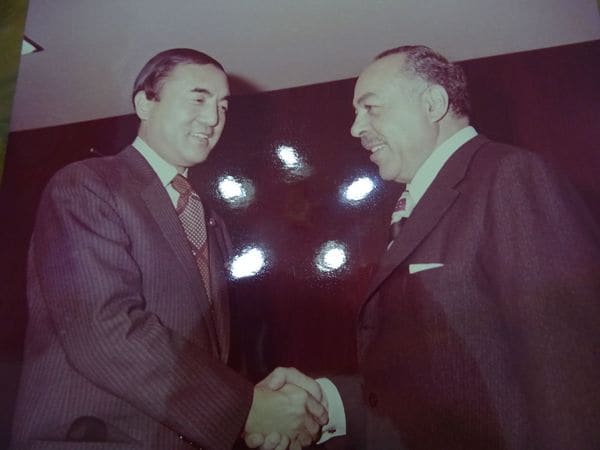 Abdel-Kader Hatem with Yasuhiro Nakasone
Abdel-Kader Hatem with Yasuhiro Nakasone
On the other hand Koike's book, "Onna no Jinmyaku-Zukuri (How I made personal connections as a woman)" published in 1985 states that her father (Yujiro Koike) had known Nakasone for a long time. She herself first met Nakasone when she was an elementary school student, every winter Nakasone sent her family a bunch of leeks produced in Gunma prefecture, Nakasone’s electoral district, and she ate them with his brother.
On 6 October 1973, the October War (Yom Kippur War) broke out in Egypt. Egyptian and Syrian forces launched an attack on Israeli forces deployed in the Suez Canal and Golan Heights in an attempt to recapture territory occupied by Israel in the Six Day War (June War) in 1967.
In support of Egypt and Syria, the Organization of Arab Petroleum Exporting Countries (OAPEC), raised oil prices by 1.4 times and caused the First Oil Crisis. Japan was considered one of the "unfriendly" countries by OAPEC and suffered an economic crisis as a result of measures to cut oil supplies. The Japanese government sent Deputy Prime Minister Takeo Miki and former Foreign Minister Zentaro Kosaka and others to Saudi Arabia, Egypt, and Algeria to ask those countries to change Japan to a "friendly country" category (the so-called "oil begging diplomacy").

